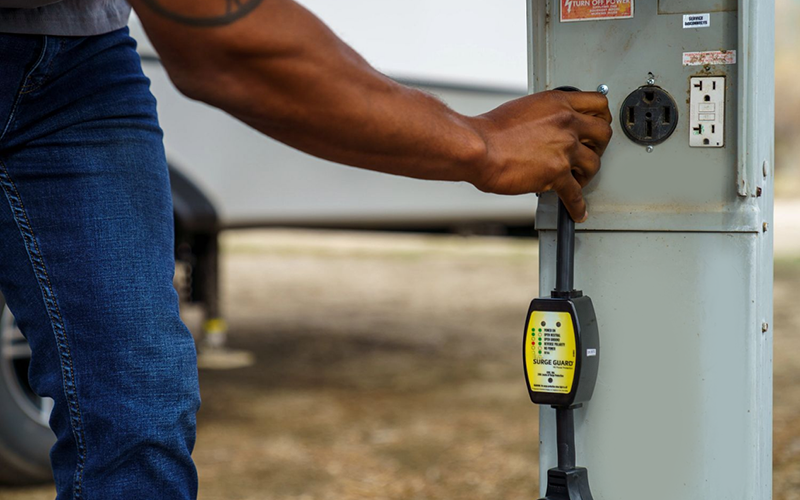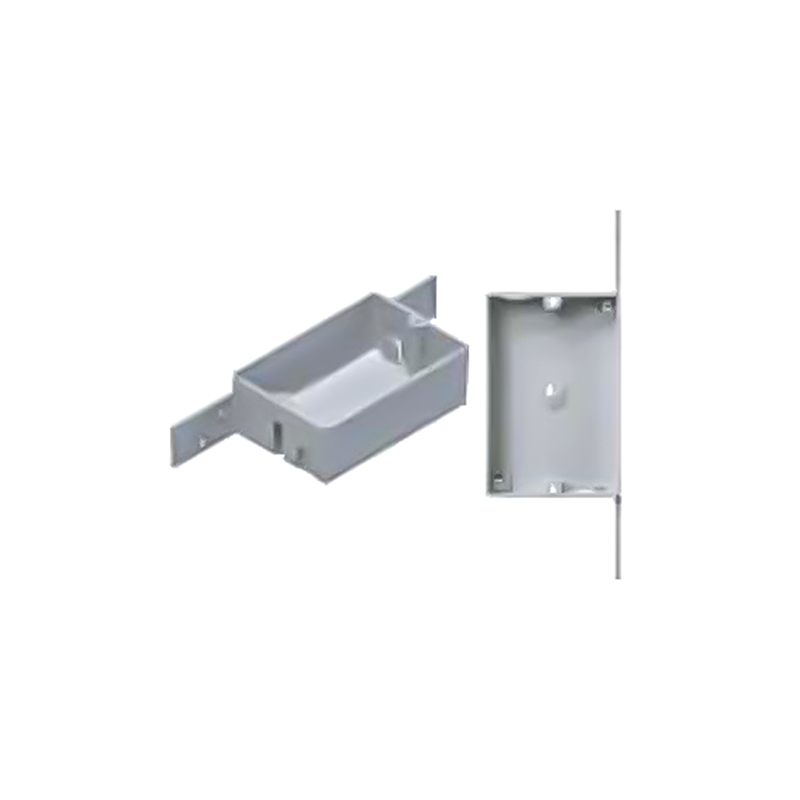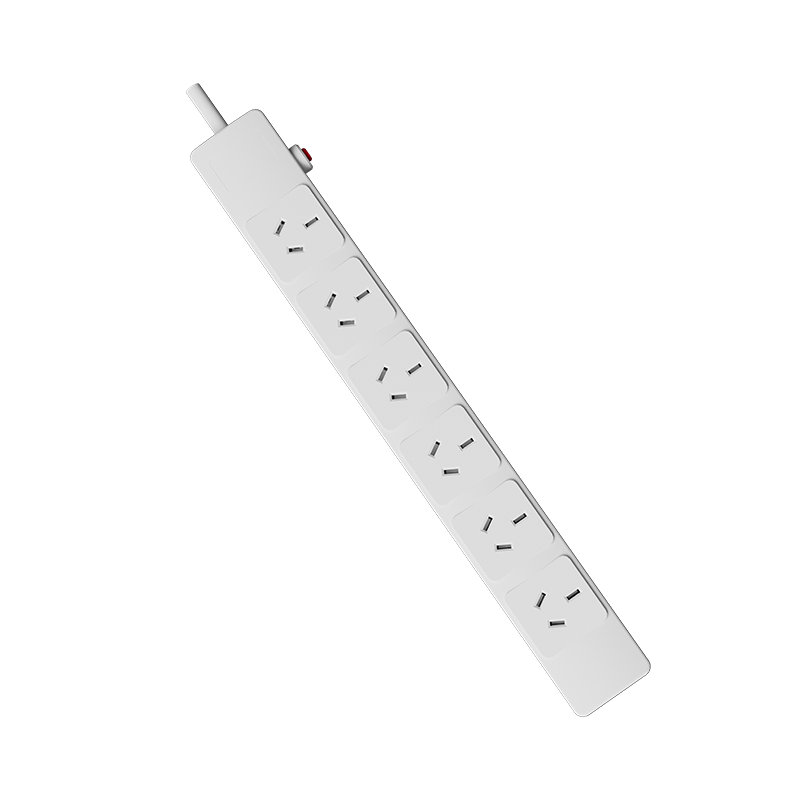When equipping an RV, it’s easy to feel overwhelmed by the abundance of available accessories. Among the commonly debated items is the RV surge protector—is it truly a must-have or just an optional extra?
The short answer: Yes, surge protectors are highly recommended, especially when you consider the potential cost of electrical damage. A sudden power surge or other electrical faults can severely affect your RV’s appliances and internal systems, potentially to thousands of dollars in repairs and lengthy downtime.
An RV surge protector serves as a protective barrier between your RV and the power supply, detecting and preventing dangerous electrical events before they can reach your vehicle. Advanced models, often called Electrical Management Systems (EMS), provide comprehensive protection against:
1. Voltage fluctuations (either too high or too low)
2. Power surge
3. Open ground or neutral connections
4. Reverse polarity
5. Frequency irregularities
These devices typically use internal components such as metal oxide varistors to redirect harmful electrical currents away from your RV in a fraction of a second. Depending on the model, some surge protectors will automatically shut down or reset, while others might require manual intervention or component replacement after a significant surge event.



 English
English 中文简体
中文简体














 NO.565,South of Xihuan Rd,Yuyao City Zhejiang China.
NO.565,South of Xihuan Rd,Yuyao City Zhejiang China. 0086-574-62599999/62593088
0086-574-62599999/62593088 0086-574-62598888
0086-574-62598888 ryan.yu@nbwell.com
ryan.yu@nbwell.com

